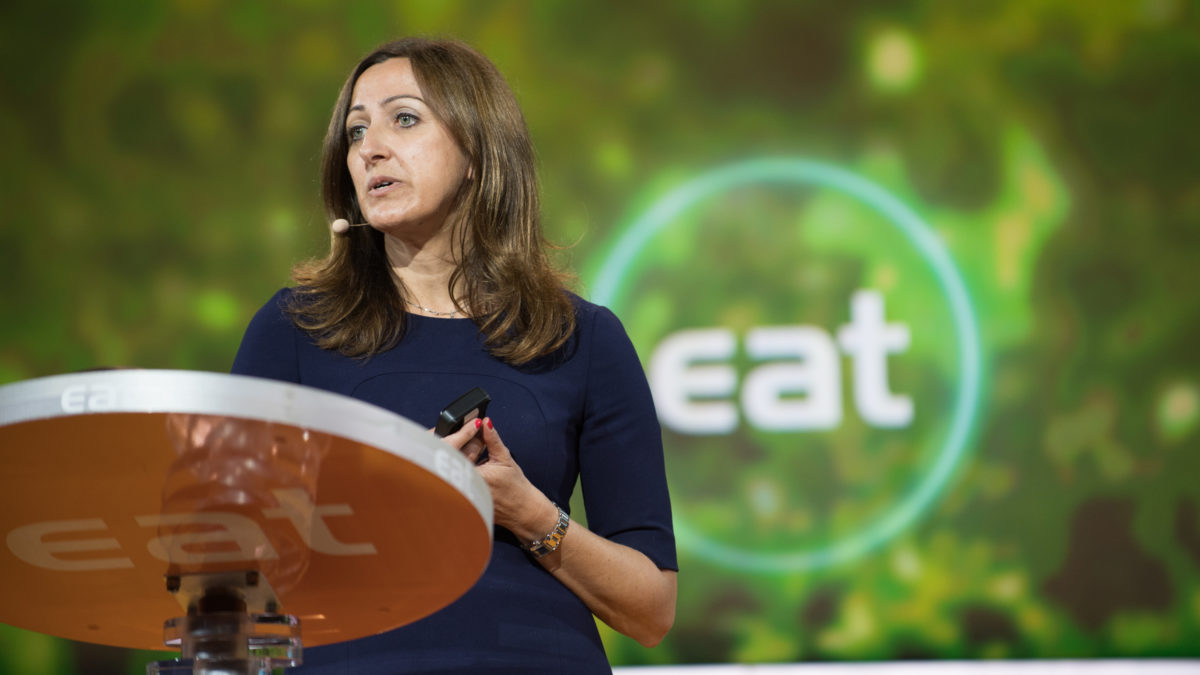When it comes to what constitutes good food, personal opinions can never be questioned. But taste is not the only thing that makes food “good”. The Food Sustainability Index (FSI), carried out by The Economist Intelligence Unit (EIU) – the research arm of The Economist Group, has measured food and nutrition sustainability across 25 countries based on whose agriculture is the most sustainable, food waste is the lowest and diets the most balanced.
France takes first place due to its innovative policies to fight food waste and the balanced diets of its population. Japan and Canada come second and third by virtue of their policies regarding sustainable agriculture and the widespread adoption of healthy balanced diets.
Countries that score lowest are India, Saudi Arabia and Egypt. India and Egypt face a double challenge of obesity and malnutrition. Their use of resources (especially water) is also considered unsustainable, and they are losing food at the pre-consumer level. India is in last place in part because of its unsustainable management of water resources and the inadequacies in Indian people’s diets: it has the highest percentage of malnutrition among children aged under 5 years. Saudi Arabia and Egypt are 24th and 23rd in the ranking respectively, largely due to their excessive food waste and high levels of obesity. USA have the highest levels of obesity and food waste per person.
The only index of its kind
The Food Sustainability Index was commissioned by the Barilla Center for Food and Nutrition (BCFN) Foundation and is the only index of its kind. For the first time, it provides an analysis of the world’s food choices not simply based on “taste”, but also on the overall sustainability of the food system. This in-depth analysis culminated in a ranking of countries around the world which the food system is most sustainable. The objectives of the FSI are to highlight the performance of various countries, establish comparable measurement criteria, provide examples of best practice and measure progress over time.
